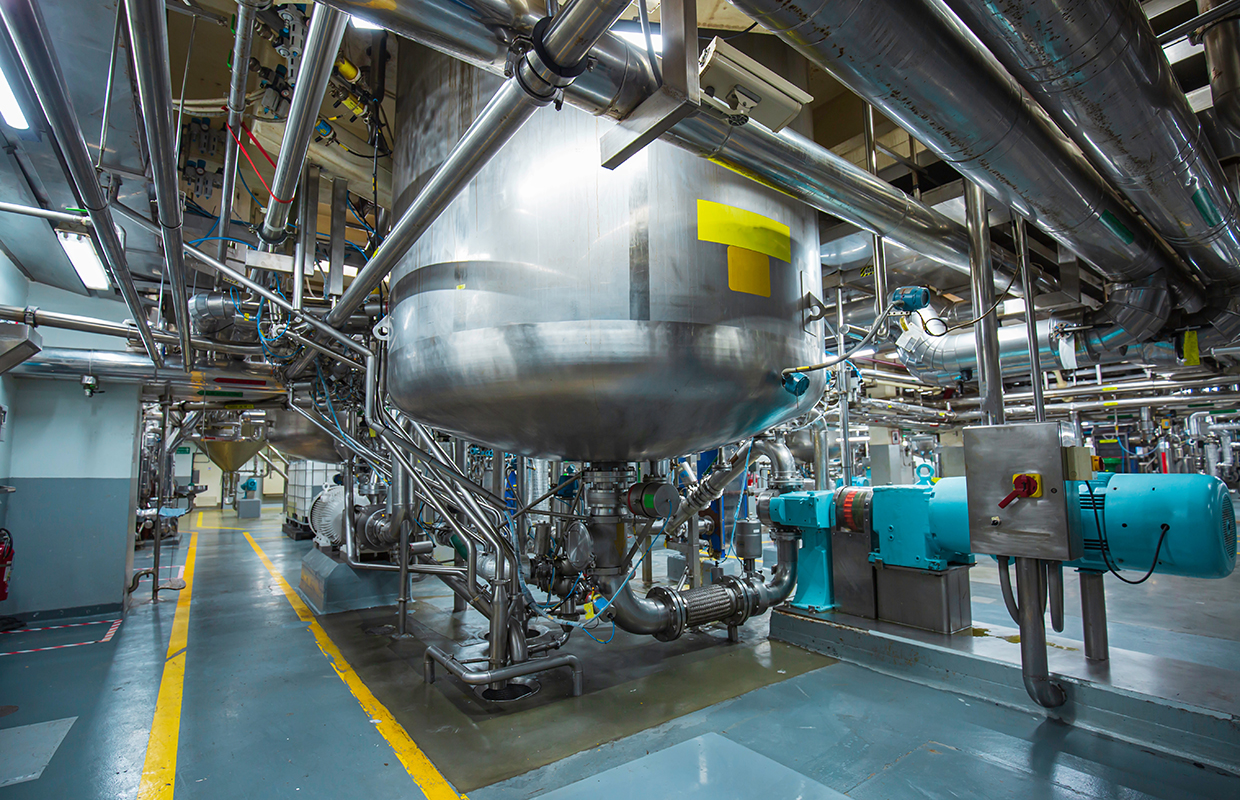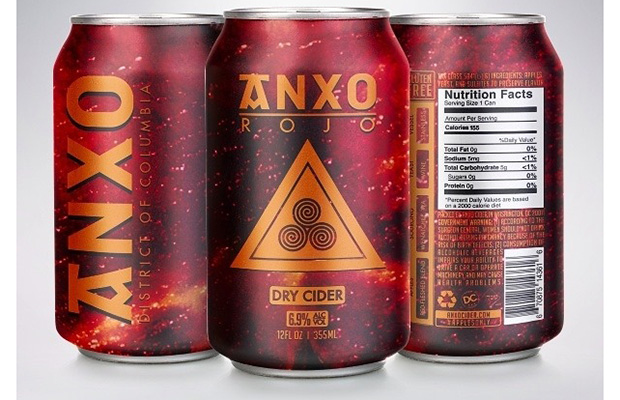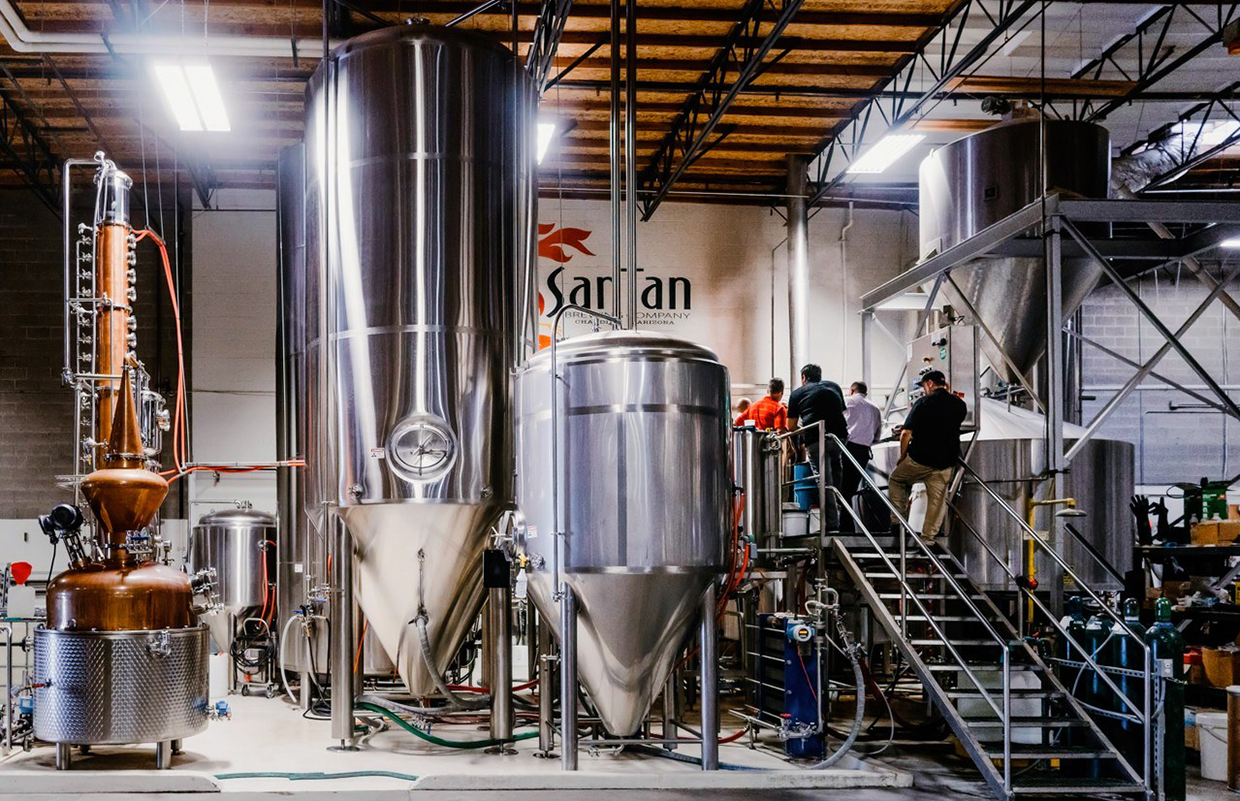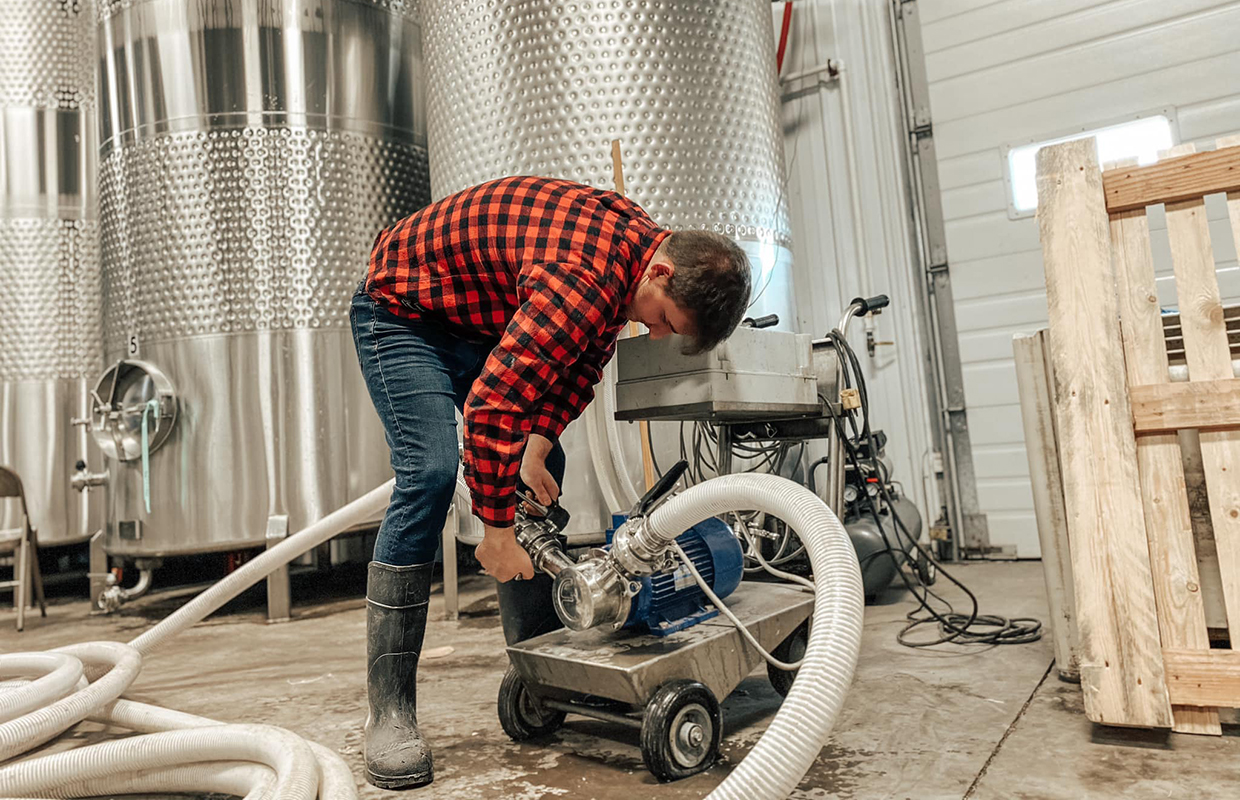
When it comes to expanding your brewery’s volume for distribution — be it one line of product or more — there are a few ways to do that. One is contracting with another brewery to make the product for you under your guidance while another can be an intriguing venture, alternating proprietorship (AP).
Now, when it comes to AP versus contracting situations, Sleeping Giant Brewing‘s Matthew Osterman said they don’t really differentiate a whole lot in practice between the contract relationship and alternating proprietorship.
”For us on a day-to-day basis, once a client has entered into whichever of the relationships that they choose, tactically, it’s really no different, said Osterman, the founder of the popular Colorado contract brewery during a panel at the 2022 Craft Brewers Conference in Minneapolis earlier this year. “There are, of course, some breweries who choose to treat it or have a rental situation where they might allow you to come in as a client and actually do the brewing … actually do the work.
“We don’t allow any of that — partially for insurance reasons, partially because this is just as a dedicated contract brewery that has set up this way from day one. So we’re purpose-built for this. It just doesn’t make sense.”
What Sleeping Giant does is what Osterman said is a “value-end concept.”
“The whole purpose is that you don’t need to do anything more than issue a PO to us, then beer just magically appears for you to go sell,” he told the audience. “That’s how we handle it. And on a day-to-day basis.
“Again, there’s really no actual difference in practice between AP and a contract.”
READ MORE: Some Pros & Cons to Contract Brewing Your Brands
So from Osterman’s perspective and from the host’s perspective, what are the drawbacks or the cons?
“Literally everything under the sun except for additional revenue for you,” Osterman said bluntly. “I often will get calls or emails from people saying that they want to start contracting. I think it’s envisioned as some type of panacea, that it’s just gonna fix whatever issues they’re having, and it’s gonna have volume and revenue.
“Certainly, you can do these things. But you need to keep in mind that you are going to start managing new businesses, it’s not as simple as it sounds.”
Depending on your brewery’s approach to it, you want to open your doors and let other people come in and use your space while you’re not using it, it can be a much easier approach, Osterman said.
“But it’s rife with potential landmines … liability, so on and so forth,” he said. “That’s not to deny the value of additional revenue. But there are quite a few cons to consider.”
Another con he pointed out is you need to think about how it’s going to impact your employees.
“I’ve experienced this on the other side, Sleeping Giant started as a reaction to the state of contract brewing for craft beer,” he said, saying he was a part of a tenant startup where they were having all of the beer contract-made. “I think, as an owner if you’re considering this, you need to consider how your employees are going to react.
“We all talk a lot about passion in this industry, and I think a lot of us are fortunate to have passionate employees who wear clothes with our brands that are passionate about the beer that they make at your place. Now you’re asking them to do something that maybe they didn’t sign up for. So are they going to be as committed to it? Are they going to be focused on it? In my opinion, it would be a conversation with your staff. But if you choose to not have the conversation and more of an edict, then I think you should be thoughtful in your approach to how it’s presented to your team.”
Photo courtesy AdobeStock




Be the first to comment